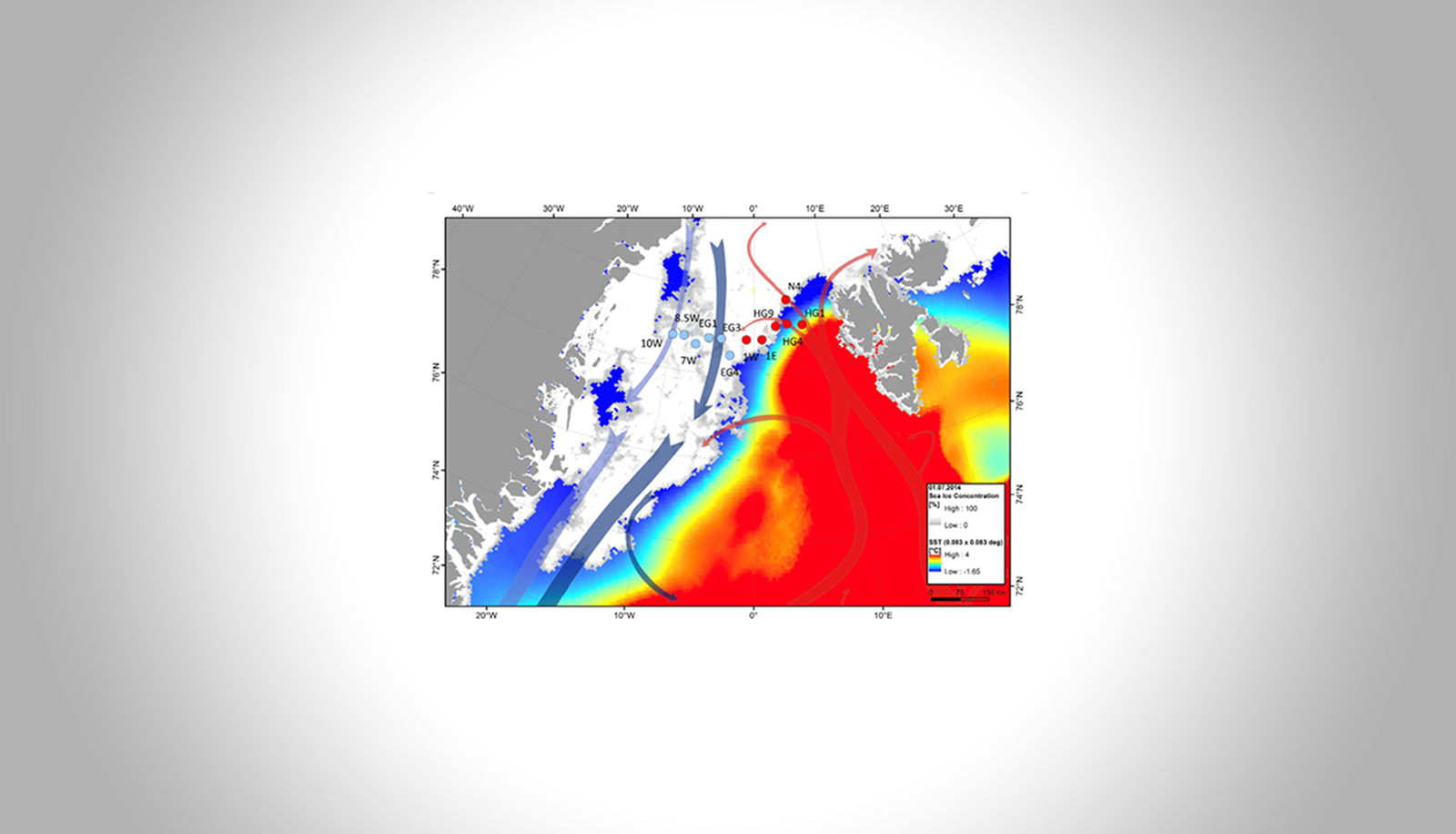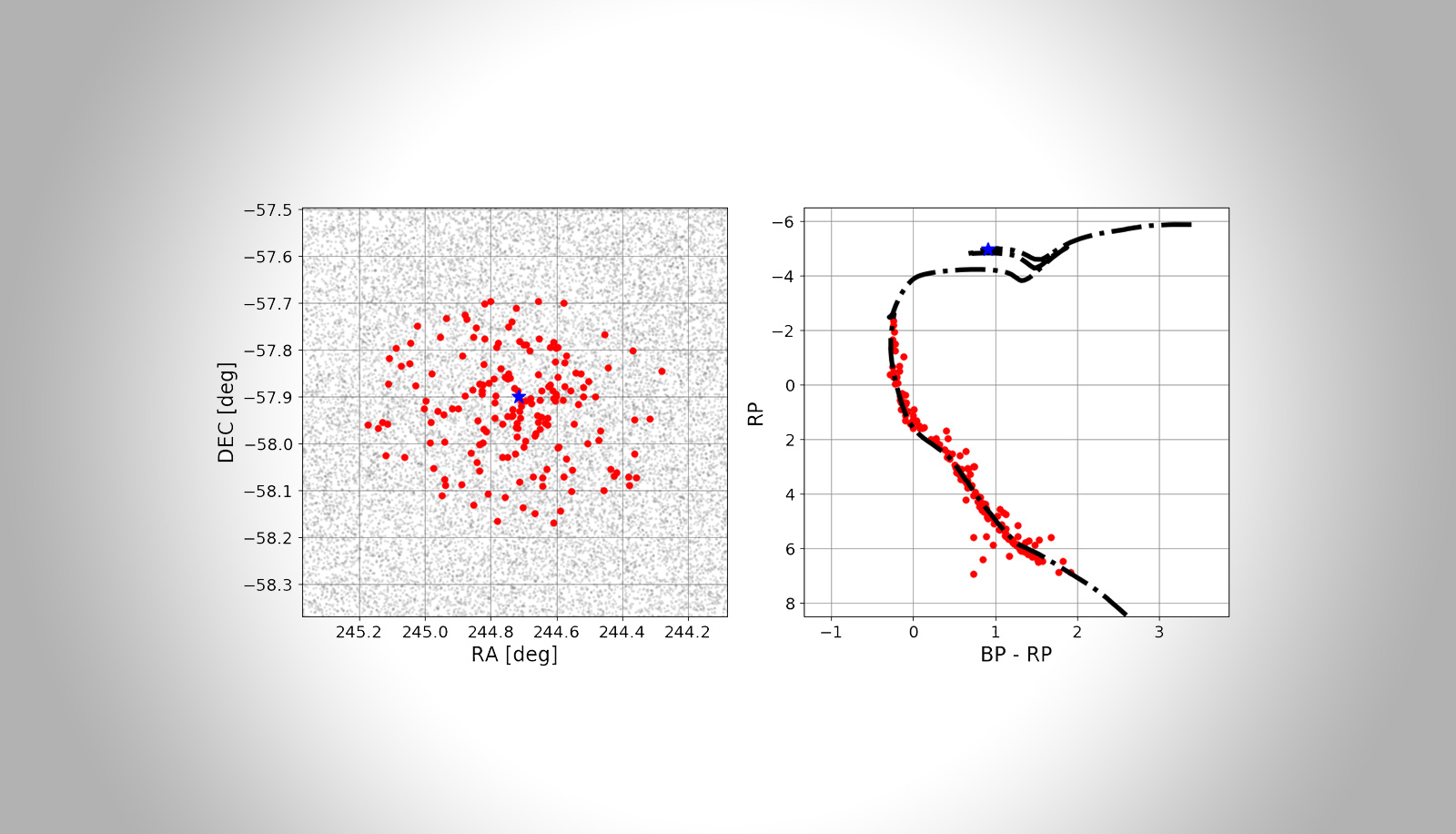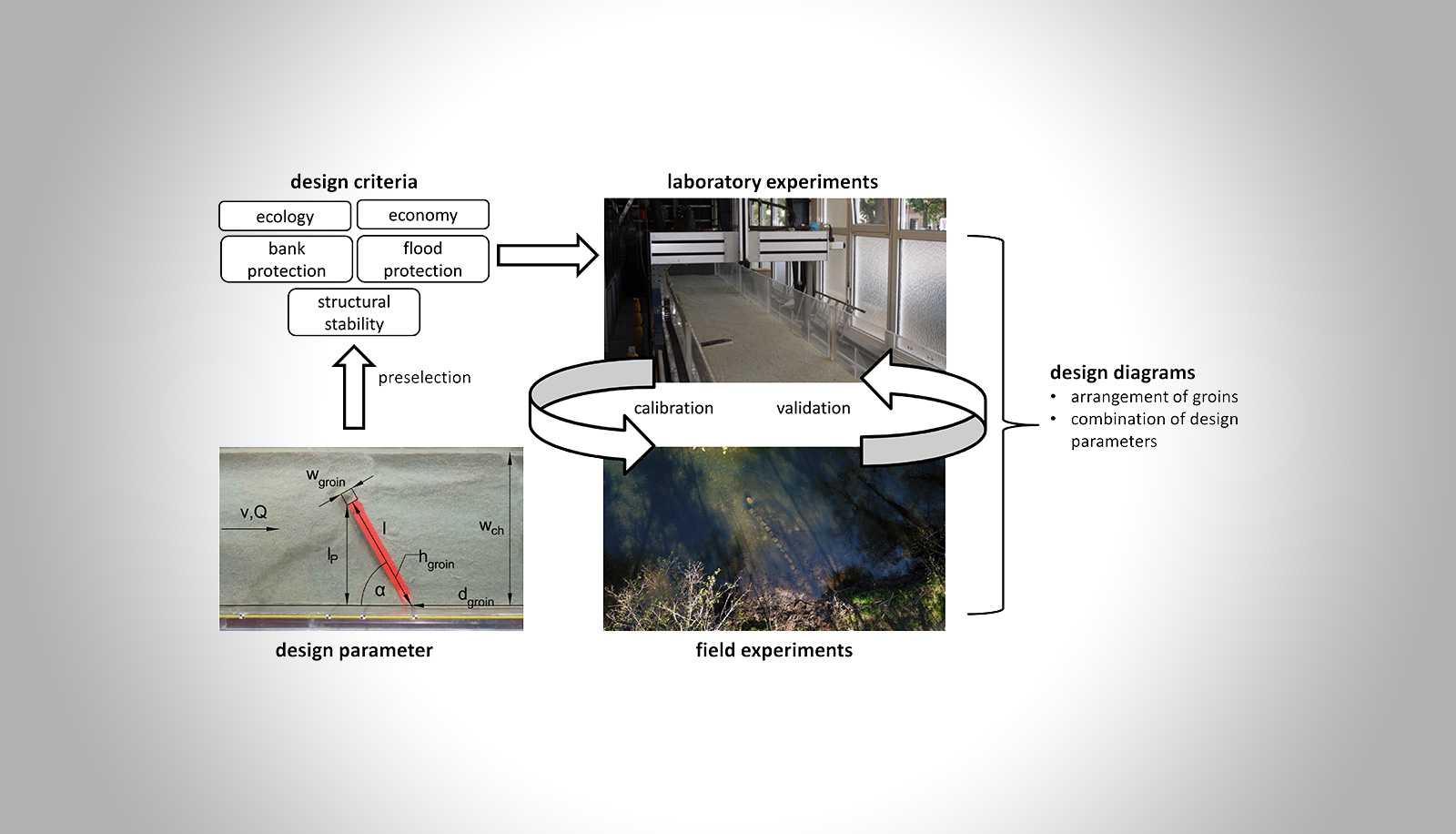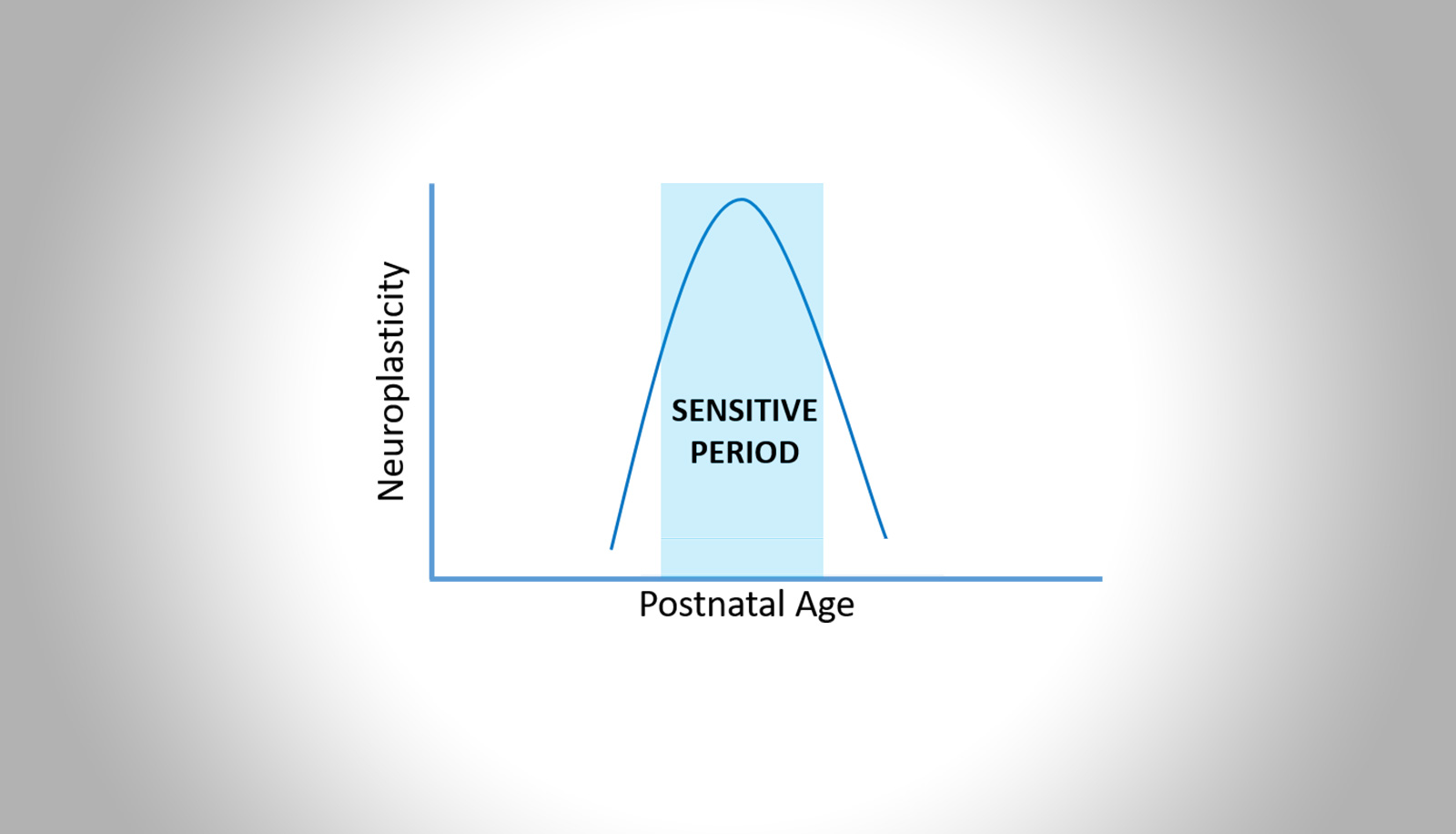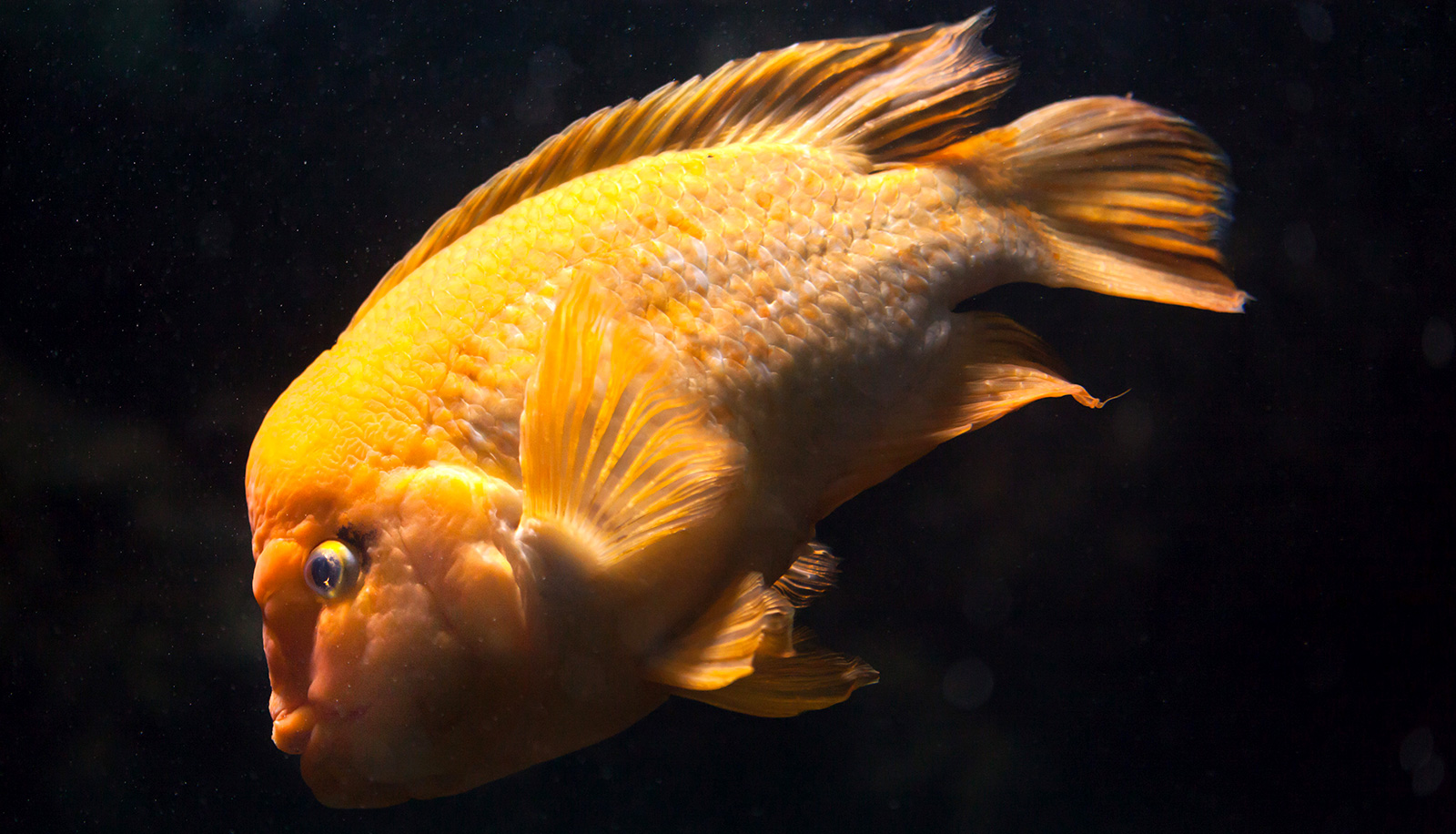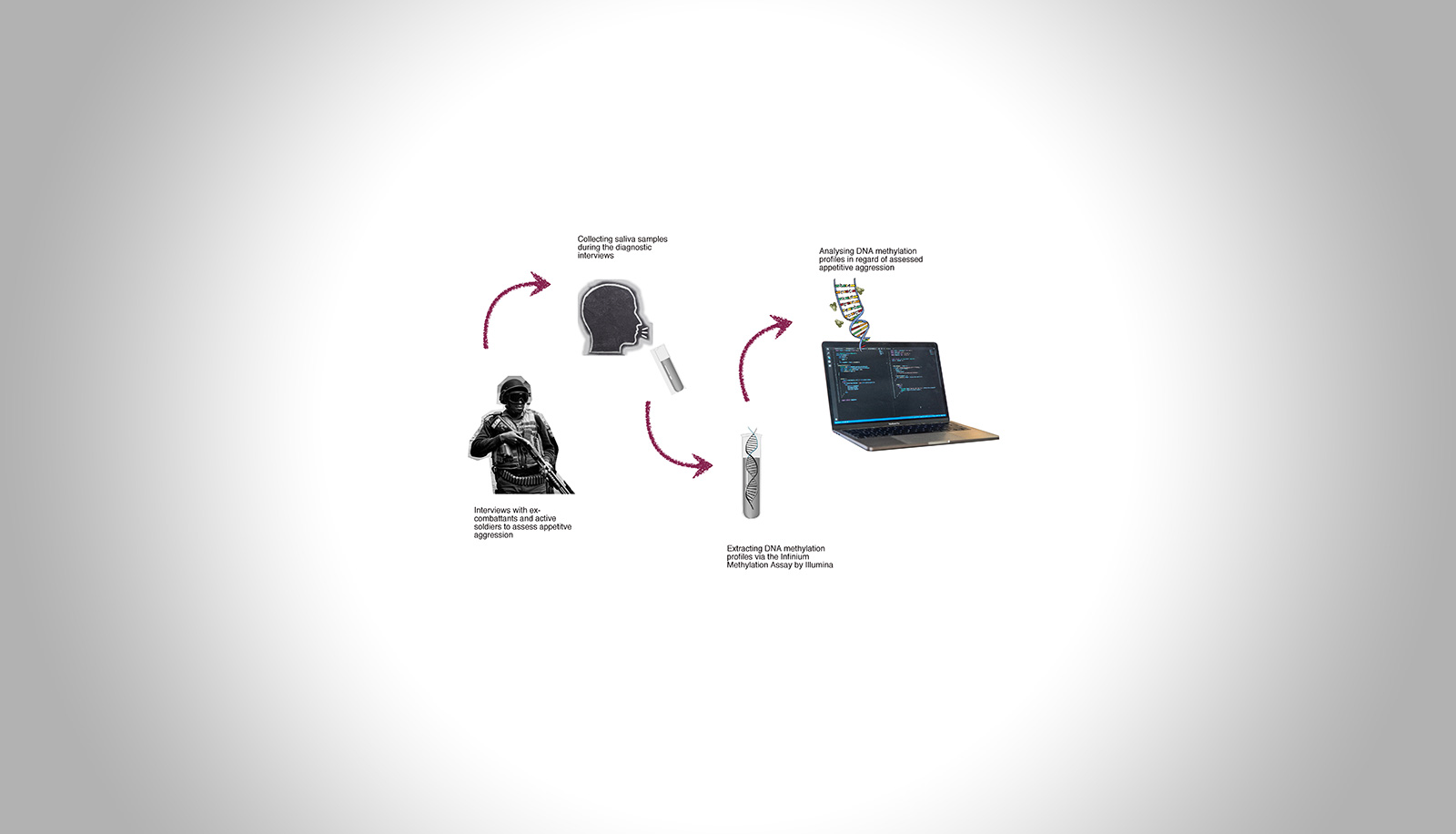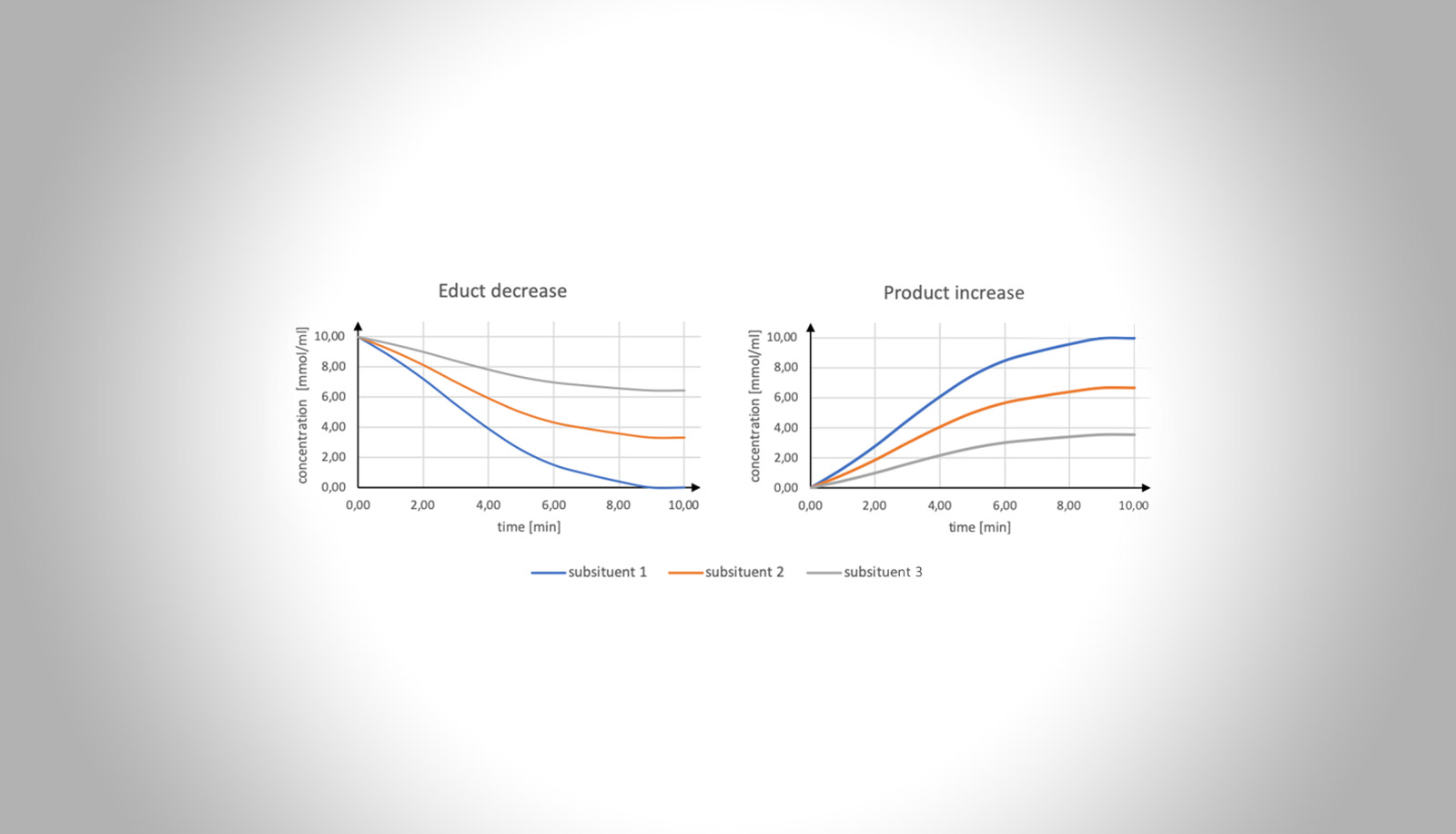Networking and interdisciplinary knowledge transfer
Alumni projectsCompleted projects
The Hector Fellow Academy has created a dynamic network for its alumni in order to maintain the dialogue between outstanding scientists beyond the project period. The regular exchange and transfer of research results as well as the opportunity for long-term interdisciplinary cooperation makes the HFA a vital academy of science. We are pleased that the following projects have been successfully completed.

Completed interdisciplinary projects
Completed doctoral projects
Temporal and spatial microbial dynamics in the Arctic Ocean
Magda Cardozo-Miño – Hector Fellow Antje Boetius
The project investigates composition and function of microbial communities in Fram Strait, the major gateway between the Arctic and the Atlantic Oceans, and how these are linked with environmental conditions. A series of cutting-edge, molecular approaches are applied to assess microbial functional capacities, community composition and their temporal variation in a region under special threat by climate change. The project is supervised by Hector Fellow Antje Boetius.
Unveiling the Galactic History with Pulsating Variable Stars
Gustavo Medina Toledo – Hector Fellow Eva Grebel
This project aims to explore the use of young and old pulsating variable stars to improve our current understanding of the Milky Way. This will be achieved by performing a novel study of the kinematics, ages and chemical compositions of Cepheids and RR Lyrae stars which, in spite of being archetypes of different stellar populations, represent key tracers of the recent star formation and assembly history of the Galaxy.
Bank Structuring in Urban Environments through Micro Groins
Andreas Müller – Hector Fellow Franz Nestmann
The European Water Framework Directive requires that all waterbodies achieve a good ecological status until 2027. In urban environments the restricted spatial conditions and different interests cause problems in river restoration.
Sensitive period plasticity and functional recovery after sight restoration
Rashi Pant — Hector Fellow Brigitte Röder
Visual experience during a sensitive period is crucial for the normal development of the brain. Individuals who are treated for congenital cataracts more than a few weeks from birth suffer from low visual acuity as well as specific deficits (such as impaired face processing). This project investigates the possible mechanisms that mediate this sensitive period, by non-invasively assessing brain structure and function in congenitally and developmentally visually deprived individuals.
Mechanisms of Reproductive Isolation During Rapid Speciation
Sina Rometsch – Hector Fellow Axel Meyer
Reproductive isolation, the ceased exchange of genetic material, is crucial for the divergence of populations into distinct species. This is commonly facilitated by an extrinsic physical barrier, but rarely it can also occur devoid of such barriers. Whether speciation proceeds by the same or different reproductive isolation mechanisms under these two geographic scenarios remains a matter of debate. We aim to contribute to this fundamental question in biology by taking advantage of a model system of speciation: the Midas cichlid fishes.
Epigenetic Underlying of Appetitive Aggression
Anja Rukundo-Zeller – Hector Fellow Thomas Elbert
Aggression can be distinguished in a reactive form, which is a protective response to an acute threat and an instrumental form, which is goal directed. Appetitive aggression is a sub form of instrumental aggression, which is defined by the experience of lust when perpetrating violence. So far, the latter has been only assessed through self-report. The doctoral project under supervision of Prof. Thomas Elbert intends to create an objective, epigenetic marker for appetitive aggression.
Gold-catalyzed functionalization of 1,3‑diyne derivatives
Philipp Stein – Hector Fellow A. Stephen K. Hashmi
The efficient design of chemical processes is of great importance for the chemical industry. Current research makes an essential contribution to synthesizing complex substrates inexpensively in as few steps as possible and in high yield. This PhD project, under the direction of Hector Fellow A. Stephen K. Hashmi, therefore, deals with the mechanism and the functionalization of a wide range of 1,3‑diynes with varying nucleophiles.
1,3‑Diketon Based Ligands for Transition Metal Catalysis
Jonas Wunsch – Hector Fellow A. Stephen K. Hashmi
The development of catalysts to increase the chemical efficiency or to find completely new chemical reactions has found great interest. For this a wide variety of ligands are needed. The doctoral is supervised by Hector Fellow A. Stephen K. Hashmi and aims at developing new ligands that are based on the formal double deprotonation of 1,3‑diketones and thereby enlarging the chemical space of known ligands. For this new synthetic methods have to be found and the obtained ligands have to be tested and characterised.


